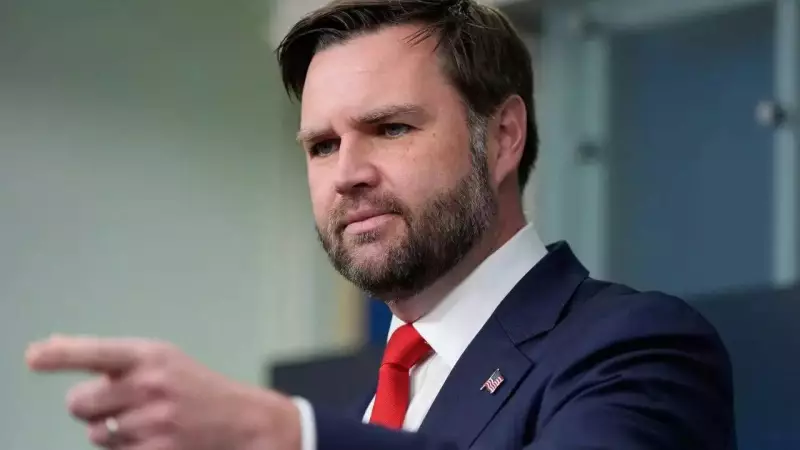
A controversial moment from JD Vance's political past has resurfaced, creating waves across social media and political circles. The incident, which occurred during a 2022 Senate hearing, shows the Ohio Senator making what many are calling a sexist and dismissive remark toward a career foreign service officer.
The Senate Hearing That Started It All
During a heated exchange in 2022, Vance interrupted Ambassador Barbara Stephenson, a respected foreign service professional, with the now-viral phrase: "Mrs. JD Vance, he is calling you." The comment was made as Stephenson was attempting to address serious diplomatic concerns, with Vance seemingly dismissing her professional credentials and reducing her to a marital status.
Social Media Erupts in Criticism
The resurfaced clip has triggered massive backlash across platforms like X (formerly Twitter) and Facebook. Users have condemned the remark as:
- Patronizing and sexist toward a professional diplomat
- Disrespectful to career foreign service officers
- Revealing of Vance's attitude toward women in professional settings
Timing Couldn't Be Worse for Trump's VP Pick
This controversy emerges at a particularly sensitive time for Vance, who was recently selected as Donald Trump's running mate for the 2024 presidential election. Political analysts suggest the timing could impact his public image and the campaign's momentum.
"This isn't just about one comment," noted a political commentator. "It's about the pattern of behavior and how it reflects on someone who could be a heartbeat away from the presidency."
Broader Implications for Diplomatic Relations
The incident raises concerns about how American diplomats are perceived and treated by political leadership. Foreign service officers, who often risk their lives in diplomatic missions abroad, expect respect and professional courtesy from elected officials.
As the video continues to circulate online, the pressure mounts on Vance to address the controversy directly. Whether this becomes a minor bump in the road or a significant campaign issue remains to be seen, but one thing is clear: in the age of social media, political pasts have a way of catching up with the present.





